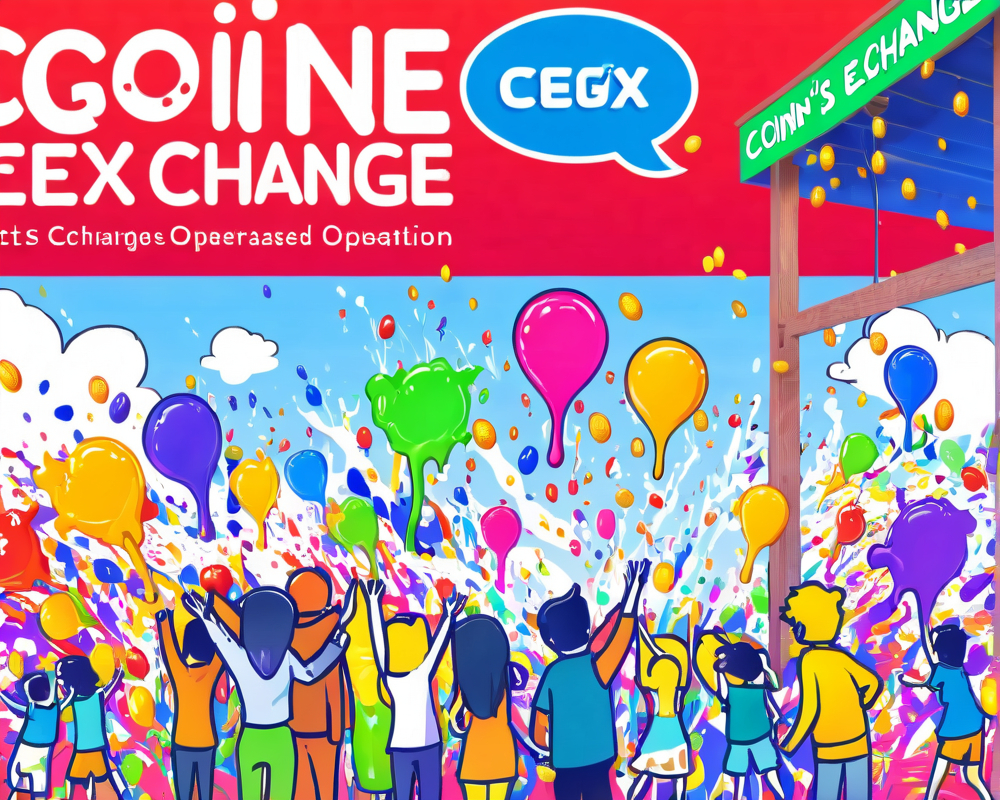A Glimpse into History
After ages of tedious ballot counting and questionable tallying practices, Russian lawmakers rolled out a blockchain-based voting system during the recent parliamentary elections, proving that democracy can indeed take a leap into the 21st century. With nearly 30,000 votes zipping through the digital ether, this could be the largest blockchain voting experiment to date.
The Tech Behind the Votes
Thanks to the digital wizards at Waves Enterprise, who hustled behind the scenes to construct the blockchain backbone of this voting platform, the elections were monitored in real-time. Artem Kalikhov, the chief product officer, assured us that everything ran smoother than your favorite online shopping experience.
The Network That Mattered
We learned that this grand digital democracy push occurred on a permissioned network manned by none other than Rostelecom—Russia’s go-to tech giant—who won the trust of the Central Election Commission, enticing them with promises of security from cyber skirmishes. Why keep it private? Kalikhov hints at shielding the network from potential cyber rogues, but he believes a public observation feature may soon bloom.
Vote and Verify
All is not lost in transparency, though! Even if the 10 nodes were off-limits to the general curious eye, the results are accessible. Voters and watchdogs alike can confirm the accuracy of results through publicly available cryptographic hashes stored in CSV files. Talk about a trust-building exercise!
Key Matters
On the encryption front, the operation used a five-key system—think of it as a high-tech party where only authorized guests can unlock the secrets of the voting results. Similar to a multisignature wallet, independent observers hold essential keys that are pieced together to reveal the final tally. But the mystery remains—who held the keys this time around? Kalikhov seems to be keeping that one close to his vest.
Turning Point in Voting
Voters across the Kursk and Yaroslavl regions engaged in this unprecedented electoral dance, with a staggering online turnout: 90.59% in Kursk and an impressive 91.54% in Yaroslavl. It seems folks in these regions appreciate the convenience enough to trade physical ballots for a few clicks on their devices. Kalikhov is optimistic that this pilot project could evolve, potentially allowing millions of votes to flow through this blockchain highway in the next elections.
Future Implications
But wait, there’s more! Beyond government elections, there’s chatter about utilizing this technology for private sector engagements like shareholder voting. Yes, your next corporate board meeting might just be powered by blockchain magic! While blockchain ushers in attributes like traceability and anonymity in elections, it’s crucial to remember that tech, as it stands, cannot completely blanket a rigged system. A tech-savvy solution alone doesn’t equal an unshakeable democracy.



